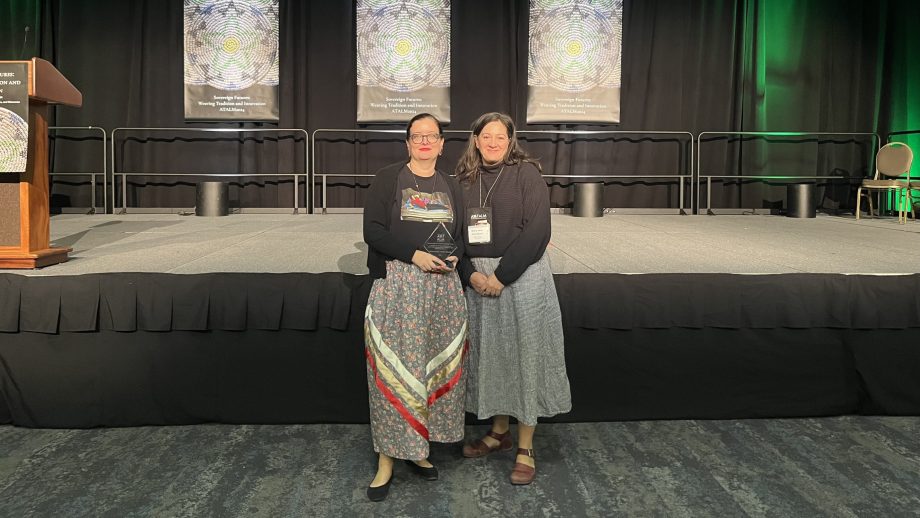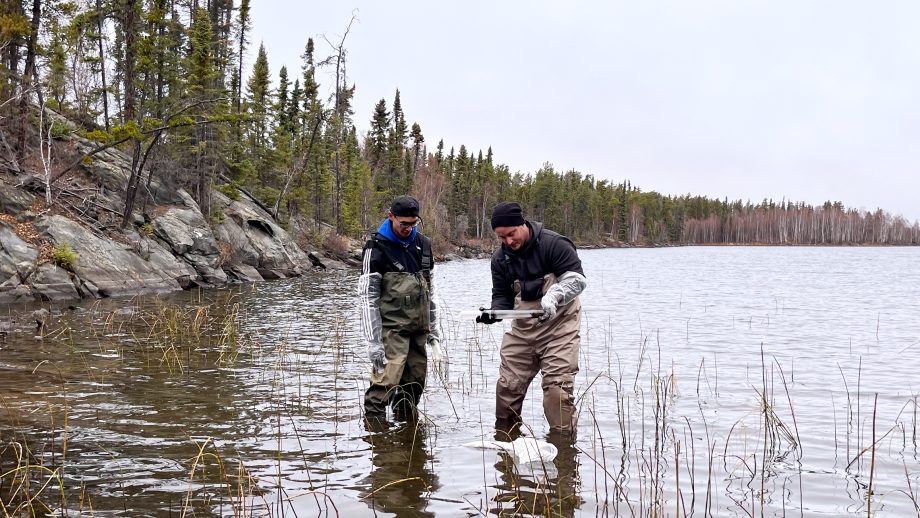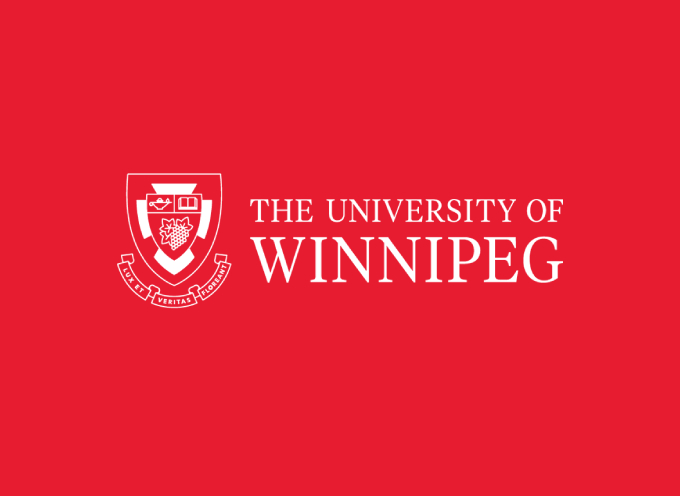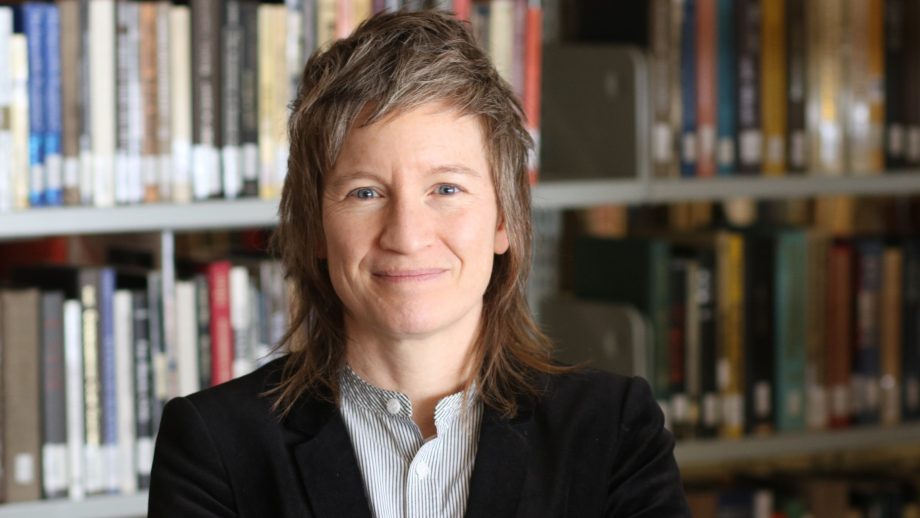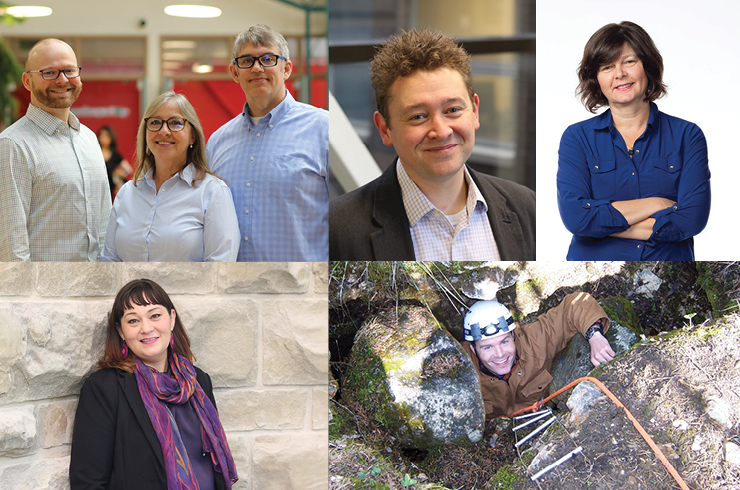
Clock wise: Christopher Henry, Joni Storie, Christopher David Storie, Matt Gibbs, Mirjana Roksandic, Craig Willis, Jaime Cidro, ©UWinnipeg
University of Winnipeg faculty members continue to demonstrate excellence in research. UWinnipeg is becoming known for its comprehensive and diverse research portfolio, led by emerging and established scholars. This has paved the way for undergraduate and graduate students to also do research across disciplines.
This past year, UWinnipeg was awarded more than $12 million in external research funding: the highest level of research revenue in UWinnipeg’s history. This substantial increase of 400% from less than $3 million in the early 2000s reflects the support UWinnipeg has built on in partnerships among academia, government, industry, and the world, to create a repertoire of research that spans disciplines.
UWinnipeg has also had an increase in postdoctoral fellows (PDF), who have helped support faculty with their research activities. PDF’s are choosing UWinnipeg as their research destination. This includes hosting our first Banting Postdoctoral Fellow, Dr. Bailey Gerrits, who started her two-year appointment with Dr. Steven Kohm and Dr. Kevin Walby in criminal justice.
Gerrits chose UWinnipeg based on the stellar reputations for critical research and supportive collegiality.
“UWinnipeg itself hosts a number of innovative research centres and groups that I am excited to connect with and learn from,” said Gerrits.
UWinnipeg is now home to eight Canada Research Chairs (CRC). CRC’s are world-class scientists and scholars from diverse backgrounds who are working on new discoveries and innovations to help our environment, health, communities, and economy thrive.
CRC in health and culture, Dr. Jaime Cidro, looks at Indigenous health issues through a socio-cultural lens with a specific focus on socio-cultural determinants of health, such as cultural identity and cultural-based health interventions. Cidro is the principal investigator on two Canadian Institutes of Health Research (CIHR)-funded and community-driven project looking at Indigenous doulas as a cultural intervention.
“Our researchers are making important contributions to scientific discoveries in Canada and abroad, which is reflected in the upward trajectory in research funding,” said Dr. Jino Distasio, Vice-President of Research and Innovation. “This increase in funding reflects the resiliency and resourcefulness of our faculty in finding different sources of funding, which includes international partnerships and local projects.”
An example is resident ‘BatPof’ and biologist, Dr. Craig Willis, who is trying to save North American brown bats from a debilitating fungal disease called white-nose syndrome (WNS). Willis has received more than $300,000 just from the United States Fish and Wildlife Service to help in his bat research. WNS has killed millions of hibernating bats in less than 10 years, triggering what is thought to be the fastest decline of wild mammals in history.
Another example of international partnerships is a trio of UWinnipeg professors who are collaborating with NTNU-Gjøvik, Norway to create maps of Norway, thanks to a High North Grant. This project comes on the heels of the success of the previous High North Programme with NTNU-Gjøvik (UWinnipeg’s Dr. Patricia Fitzpatrick, geography). The grant promotes a cross-cultural exchange of ideas that brings researchers together and allows for stronger institutional and interdisciplinary partnerships between fields of study, including engineering, geography, and computer science. This project’s Principal Investigator, Dr. Joni Storie, is working with fellow geographer Dr. Chris Storie and computer scientist Dr. Christopher Henry from UWinnipeg in collaboration with Dr. Rune Ødegård, the Principal Investigator at the Department of Manufacturing and Civil Engineering, and Dr. Jon Yngve Hardeberg of the Department of Computer Science at NTNU-Gjøvik.
Most recently, Dr. Mirjana Roksandic (anthropology) received the prestigious Discovery Accelerator Supplements (DAS), where recipients are chosen by their peers. It provides substantial and timely additional resources to accelerate progress and maximize the impact of established, superior research programs.
“Our researchers take interesting pathways,” added Distasio. “The impact and implications of research conducted by UWinnipeg faculty members extends far beyond the walls of our institution. Understanding and assessing knowledge mobilization remain important components of our work. For example, UWinnipeg’s Classics Chair, Dr. Matt Gibbs, is making beer with a local brewery in the ‘spirit’ of knowledge mobilization.”
Gibbs is an expert on Hellenistic and Roman history — he’s also a lover of good beer. Those interests brewed up a conversation about beer in ancient society with Tyler Birch and Brian Westcott, co-owners of Barn Hammer Brewing Company. This casual conversation turned into a successful UWinnipeg Partnership Development Grant application and, many hours of translating, milling, baking, and waiting later, into a beverage unlike anything on the market today.
The original recipe was written by a 4th century AD alchemist in Egypt, which Gibbs found in The Barbarian’s Beverage by Dr. Max Nelson from the University of Windsor. With permission, Gibbs translated the recipe from ancient Greek and worked with Birch and Westcott to modernize the brewing process, while maintaining the integrity of the recipe.


